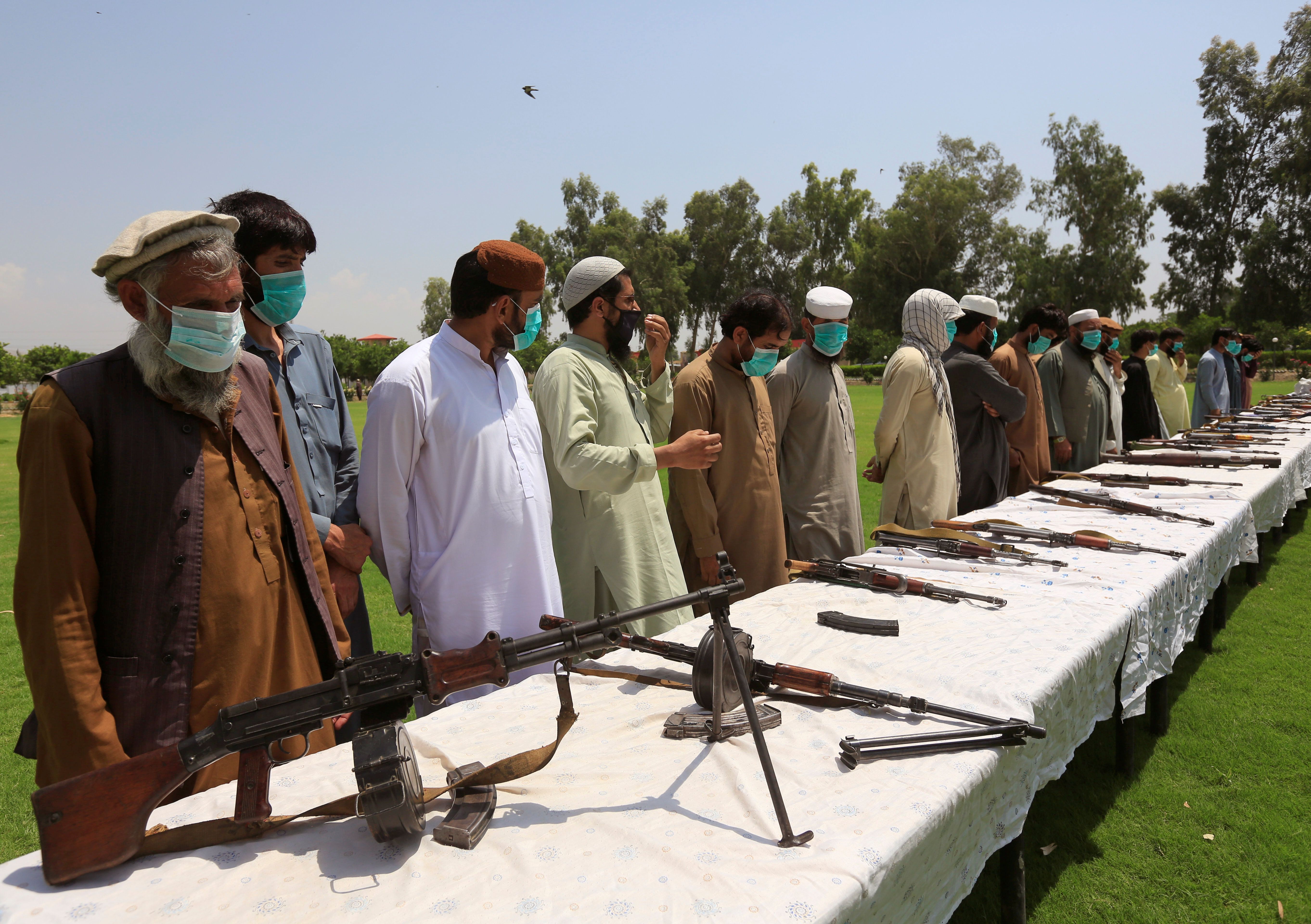News
July 14, 2020
5: As part of a US-Taliban peace deal negotiated in February, the US recently shuttered five military bases in Afghanistan, a major step towards reducing the number of American troops there after two decades of conflict. However, intra-Afghan violence has surged recently, despite the Taliban's pledge to rein in attacks.
5.4 million: At least 5.4 million Americans lost their health insurance between February and May because coverage was linked to jobs that they lost. That's a 40 percent increase in uninsured workers from the previous high a decade ago when 3.8 American adults were stripped of their health insurance during the 2008-2009 recession.
33: Around 33 percent — or one third — of Bangladesh is now under water after recent flash floods. This crisis comes as the World Bank warns that the pandemic-induced economic downturn has "jeopardized many of Bangladesh's remarkable achievements in poverty reduction" in recent years.
11,000: Mexico recorded 11,000 disappearances over the past year, bringing the country's total number of disappeared people to 73,000 since the government declared "war" on criminal groups in 2006. Mexican president Andrés Manuel Lopez Obrador took office in 2018 pledging to tackle a long-standing violence epidemic fueled by drug cartels and gangs, but killings and crime have surged under his watch.
More For You
In this episode of Tools and Weapons, Microsoft Vice Chair and President Brad Smith sits down with Ed Policy, President and CEO of the Green Bay Packers, to discuss how purpose-driven leadership and innovation are shaping the future of one of the world’s most iconic sports franchises. Ed shares how technology and community-focused initiatives, from Titletown Tech to health and safety innovations on the field, are transforming not just the game of football, but the economy and culture of Green Bay itself. He explains how combining strategic vision with investment in local startups is keeping talent in the Midwest and creating opportunities that extend far beyond Lambeau Field.
Subscribe and find new episodes monthly, wherever you listen to podcasts.
Most Popular
Egyptians head to the polls to elect a new parliament during the first round of the Egyptian parliamentary elections in Giza, Egypt, on November 10, 2025.
Photo by Islam Safwat/NurPhoto
Egyptians are voting this month in parliamentary elections that aren’t expected to change who’s in charge, but could allow President Abdel Fattah el-Sisi to rule beyond 2030.
An injured soldier is transferred to a hospital following a clash between Thai and Cambodian troops over a disputed border area in Sisaket Province,Thailand, December 7, 2025.
Royal Thai Army/Handout via REUTERS
Thailand and Cambodia’s ceasefire is on the verge of collapse. Strikes were launched across their disputed border today, following clashes over the weekend that resulted in the death of a Thai soldier.
© 2025 GZERO Media. All Rights Reserved | A Eurasia Group media company.
